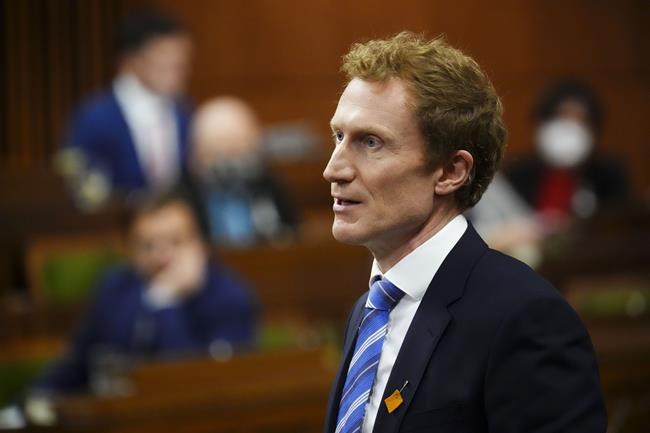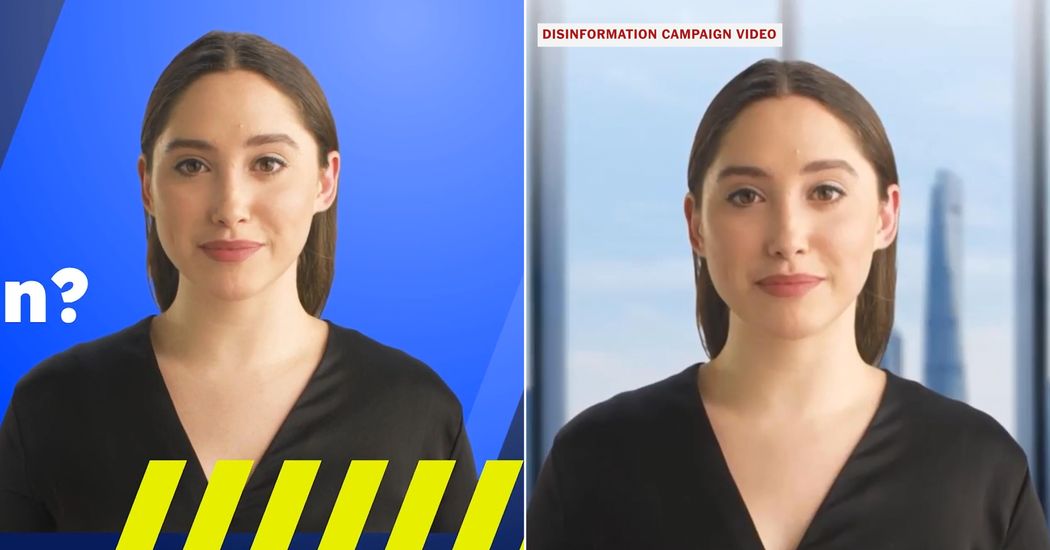Ottawa Launches $2 Million International Commission to Locate Unmarked Graves
Ottawa is spending $2 million on an international organization to provide First Nations ways to identify possible human remains buried near residential homes.
A statement from the Office of the Minister for Crown Indigenous Relations Marc Miller said it is signing a technical agreement with the International Commission on Missing Persons.
The Hague-based organization works in various countries to help identify the remains of those who have disappeared or been killed in conflicts and disasters, including after the 2013 Lac Megantic rail disaster in Quebec.
Miller’s office says the organization will conduct a “transnational outreach campaign” with Indigenous communities interested in options to identify or repatriate the possible remains of children who have been forced to attend residential schools.
The group will provide expert information on DNA analysis and “other forensic approaches to testing” and then prepare a final report for the federal government, it said.
Miller’s office says the organization’s work will be independent of government and that “local Indigenous facilitators will guide every step of the process” to ensure discussions are conducted in a sensitive manner.
“Indigenous communities across Canada are carrying out the difficult and important work of uncovering the truth at former hostel sites, and our government will continue to support them in this process, whether they choose to use the services of the (organization) in To claim or not,” the minister said in a statement.
The Canadian press first reported last November that government officials were considering engaging the international organization to provide assistance on the matter, according to a heavily redacted report memo obtained under federal laws governing access to information.
The internal document said First Nations was seeking a national strategy when it comes to addressing unmarked graves and officials felt the organization was a trusted voice.
Kimberly Murray, who is serving as the independent special contact on the matter, said at the time she raised concerns because it was unclear if the organization’s request for help was coming from indigenous communities.
The former executive director of the Truth and Reconciliation Commission, which investigated the boarding school system, was appointed to her role in June 2022 and is expected to advise the government on protecting possible burial sites.
First Nations across western Canada and Ontario have used ground-penetrating radar technology to scan lands near former dormitories for possible graves.
The Truth and Reconciliation Commission estimates that around 6,000 tribal children died while being forced to attend church-run, state-funded facilities.
This report from The Canadian Press was first published on February 7, 2023.
Stephanie Taylor, The Canadian Press
Don’t miss interesting posts on Famousbio










